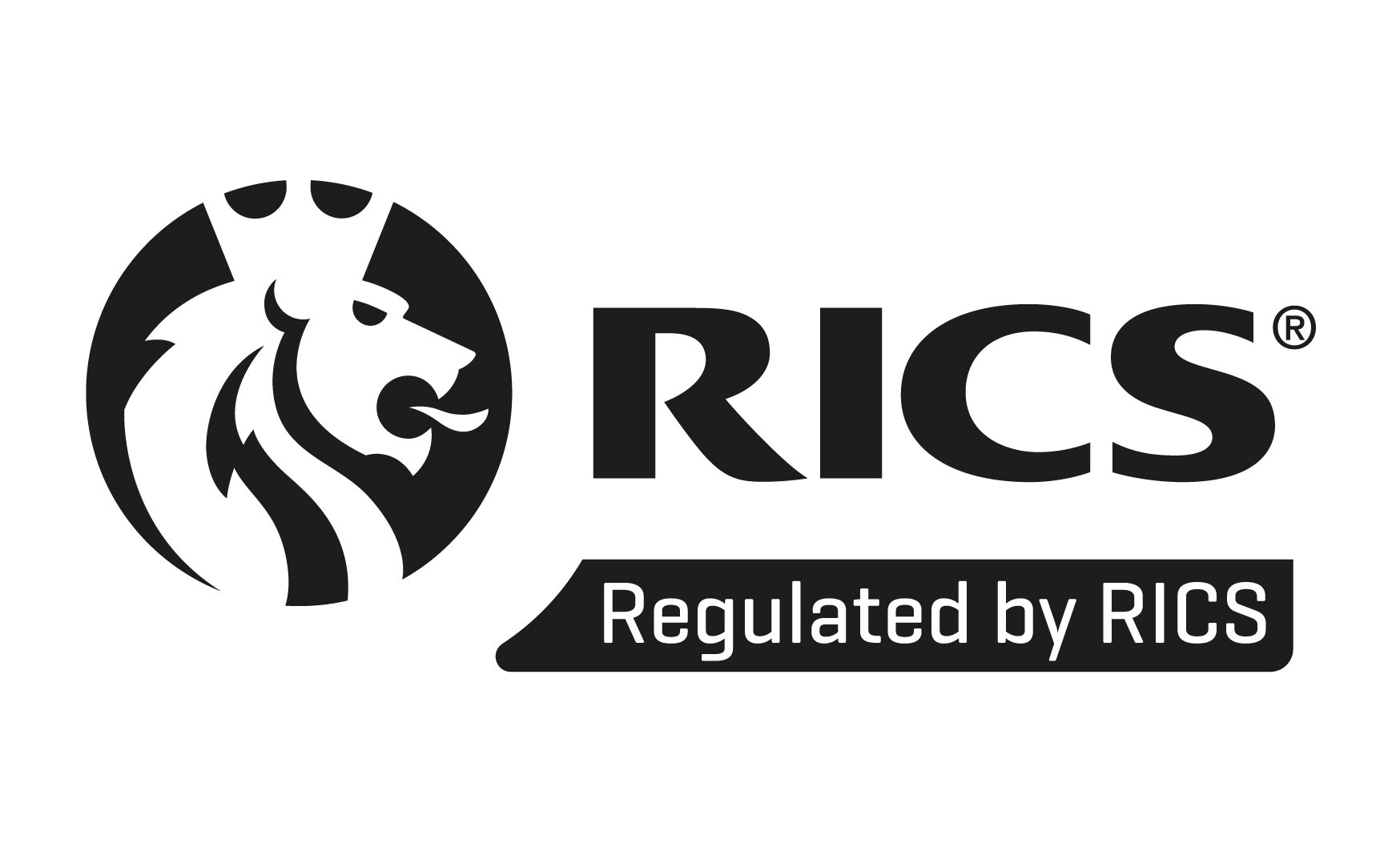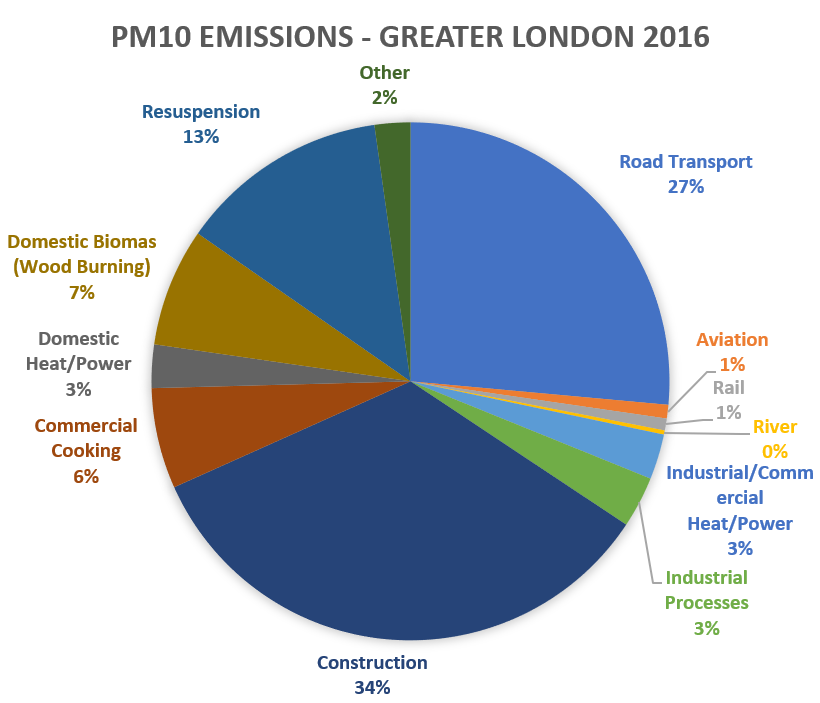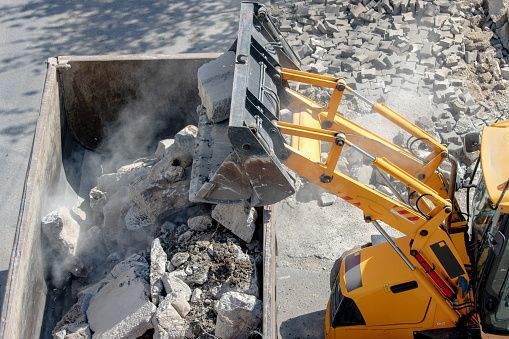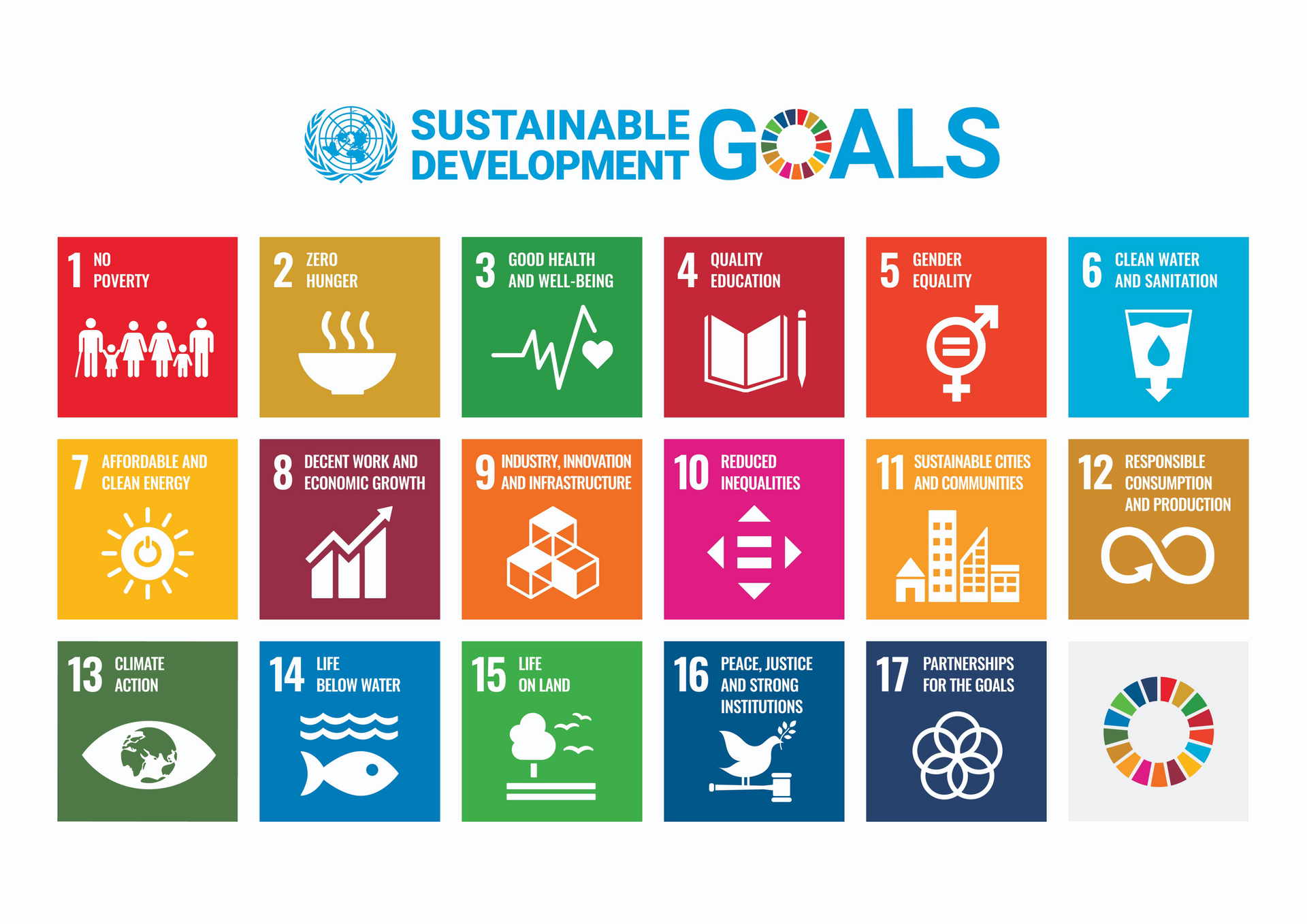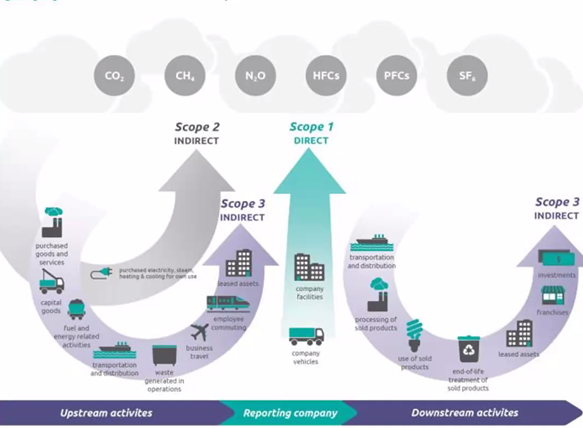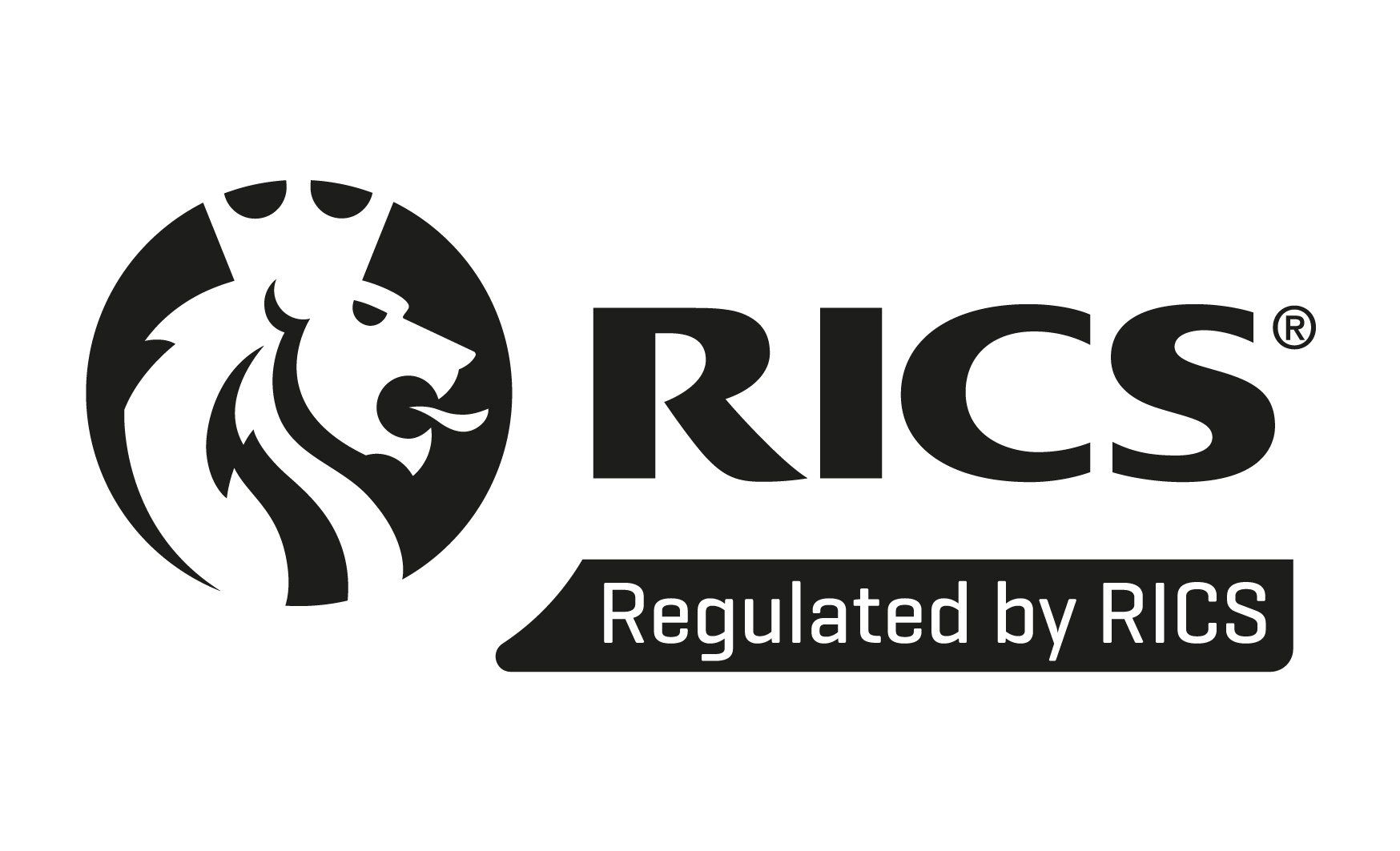Demonstrating how sustainable you are
How you can demonstrate what your sustainable projects are achieving
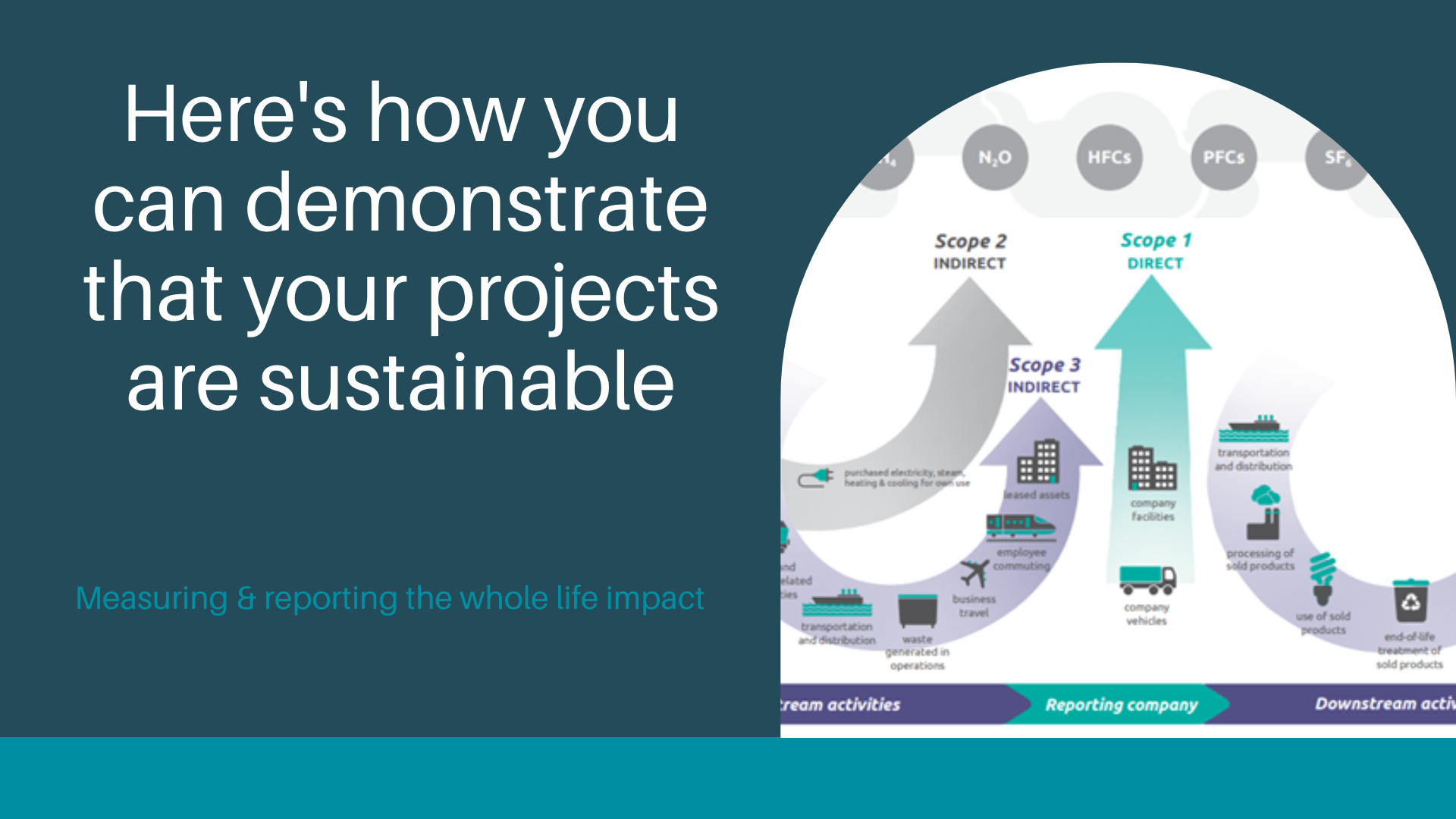
If you’re organisation is taking steps to improve the sustainability of your construction projects and operations, then you will want to be able to demonstrate what you are achieving.
This can benefit you by:
- Motivating your inhouse teams to celebrate their achievements
- Demonstrating your credentials to customers and investors
- Giving you a prominent position within your sector
- Making your organisation more attractive to eco-conscious recruits
Whilst there are many claims of sustainability being made, the credibility of some of these claims is often called into question. This has often been termed as “greenwashing” and it is detrimental to both anyone relying on these claims, and also, to the company making the claims because at some point, they will realise that they’re efforts are not as sustainable as they believed they were.
There are many examples of this presently in the built environment, especially where a company has focused solely on reducing its in-use emissions, to deliver what they believe to be an “eco-building” or an apparently sustainable technology. Unfortunately this completely omits to address the significant level of emissions and environmental impact involved in the construction of the asset, and it is unfortunately common to see such “eco” properties constructed from significant quantities of materials such as glass, concrete and steel (which are well known to play a huge part in overall global emissions), or sometimes the completed asset is not used in any volume, so it may not even offset the impact of its own delivery phase.
Corporate targets
Science based targets are an internationally recognised method for organisations to measure and record their progress toward reducing emissions. These include a holistic view of all of the emissions that a company produces, and include each of scope 1, 2 and 3 emissions. Organisations that are serious about demonstrating their sustainability achievements would be strongly recommended to investigate these further at https://sciencebasedtargets.org/. They provide extensive guidance for measuring, reporting and addressing emissions, with industry sector focus. Offering a range of target-setting resources and guidance, the SBTi independently assesses and approves companies’ targets in line with its strict criteria. These also align with the Greenhouse Gas Protocol https://ghgprotocol.org/ which is the world's most widely used greenhouse gas accounting standards.
Sector Wide Performance
The built environment sector is clearly very important if the target for the UK to reduce its carbon emissions by 78% by 2035. The built environment accounts for 43% of UK emissions, so without its contribution we will not meet this target. As such “ConstructZero” is a UK-wide industry initiative (led by the Construction Leadership Council) which has set out 9 targets and headline commitments, with metrics for measurement at both the business and project level. For the sake of cohesion and consistency, organisations delivering projects should consider how they can align with these targets when planning and executing their projects.
Construction Project Reporting
There are a number of national initiatives in the UK, backed by and including all of the prominent and well respected built environment bodies, trade associations and professional institutions. One of these is LETI, which has developed a series of guidance and case study examples for various project types, following detailed and substantiated methods of measurement, typically based on the global whole life carbon measurement standards developed by the RICS and CIBSE, thereby providing a methodology for both structural and services elements. The projects they have focused on to date have drawn on the experience and expertise of some of the UK built environment sector’s most prominent design, engineering and project management companies to deliver positive improvements.
Consistency & Transparency
To date however not all organisations are following the industry standards which are emerging. If organisations within the sector are measuring different things, in a different way, how can we compare like for like? How can we be sure that what is designed is actually delivering the benefits sought in practice?
It is very helpful for reporting if all organisations in the supply chain are working to the same of very similar methodology. Of course this is not only relevant for emissions but also for other aspects of sustainability, and so the industry’s Supply Chain Sustainability School has worked with its members to agree a standard set of common measurements for carbon, waste, water and materials, all measures which are being used more and more widely across the UK. They also provide a vast free library of resources and guidance for supply chains at https://www.supplychainschool.co.uk/topics/sustainability/performance-measurement
Please get in touch with us for more information about how we can help you to target and measure sustainable projects and equipment maintenance.

